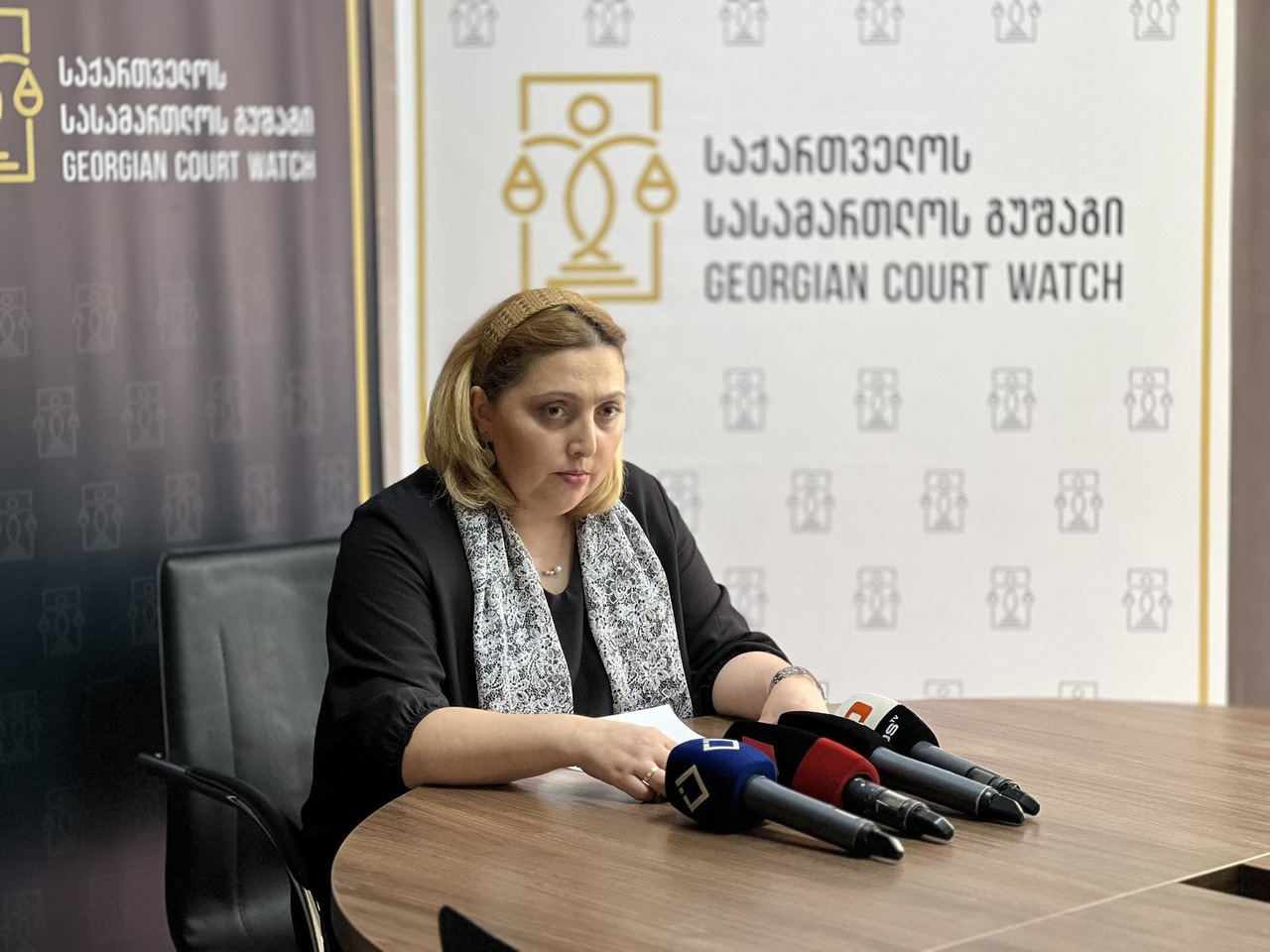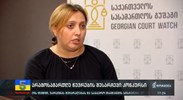Briefing on the election of non-judicial members of the High Council of Justice

The director of the Georgian Court Watch, Nazi Janezashvili held a briefing on the election of 3 non-Judge members of the High Council of Justice.
First of all, she spoke about the fact that the decision made by the Parliament does not correspond to the challenges in the judicial system.
The High Council of Justice consists of 15 members, which include 9 judicial members, 5 non-judicial members elected by the parliament, and 1 member appointed by the president.
The widespread opinion that nothing important changes with this decision is erroneous due to the following circumstance: the term of office of Tamar Gvamichava, a non-judge member appointed by the president of the High Council of Justice, expires in July 2024. Accordingly, President Salome Zurabishvili will have to appoint one new non-judge member instead of Gvamichava within her term of office.
Depending on the current political reality, the so-called clan has no guarantee that Salome Zurabishvili will again appoint a person who, like Gvamichava, will support the decisions of the judge members in the Council of Justice. Therefore, on May 17, the election of personnel loyal to the clan was critical for the influential group and political authorities operating in the judicial system. The case is that only the support of the judge members in the High Council of Justice (9 votes) is not enough to make key decisions. It requires the consent of at least 2/3 of the members (10 votes). Therefore, by electing non-judicial members loyal to the clan, the majority of the High Council of Justice already has a guaranteed number of votes, regardless of whether the president of Georgia appoints a staff loyal to the clan, as happened in 2020.
Accordingly, with this decision, the order in the High Council of Justice will be firmly maintained for the next 4 years.
The High Council of Justice appoints a person as a judge if at least 2/3 of the full composition supports the decision. Similarly, with the support of 2/3 of the full composition, the candidates for the position of Supreme Court judge will be presented to the parliament. In addition, 2/3 makes a number of other decisions, among which is the issue of disciplinary proceedings against judges and the dismissal of an independent inspector.

































